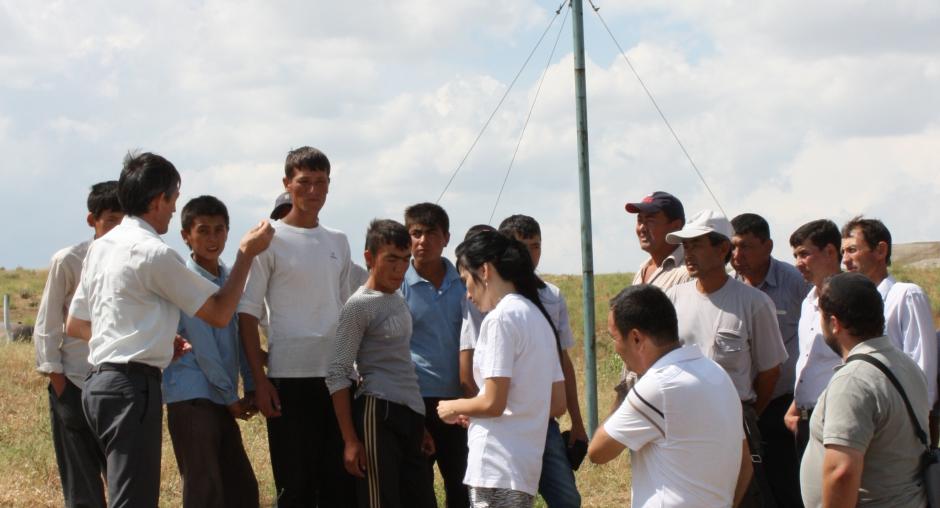OSCE supports use of renewable energy in Uzbekistan

TASHKENT, 28 June 2012 – The OSCE Project Co-ordinator in Uzbekistan today organized a debate on a draft renewable energy law, that aims to boost the development of renewable energy sources, especially solar energy, wind, biogas and hydro power.
The law was drafted by a group of parliamentarians of the Oliy Majlis. The new law should stimulate the development of the renewable energy sector engaging the government and the private sector, and boost local and foreign investments.
More than 50 participants from the Parliament, ministries, the private sector and non-governmental organizations and international organizations took part in the seminar.
The OSCE Project Co-ordinator in Uzbekistan, Ambassador György Szabó, in his address to the seminar participants acknowledged the efforts made in Uzbekistan to promote renewable energy and noted the importance of sharing experiences between scientific institutions, companies and NGOs working on promoting renewable energy and energy efficiency in the OSCE region.
“Renewable energy now accounts for mere 1% of the total energy consumption in the oil and gas exporting country. Through this project we want to share the almost 40 years of experience of the OSCE participating states in this field, and to contribute to the protection of the environment by reducing the impact of climate change in the region,” he said.
“Investment in renewable energy should also improve the local business environment by creating new employment opportunities. Increasing production and consumption of renewable energy may also improve conditions in the remote areas of Uzbekistan,” Szabó stressed.
The seminar was preceded by a practical training course for farmers on 25-27 June 2012 in the Jizzakh Region of Uzbekistan. The course conducted by the OSCE Project Co-ordinator together with the “Ecomovement”, the Farmers’ Association and Mashav, the Israeli cooperation agency, aimed at raising awareness about the matter and focused on the practical options of small-scale wind, solar and biogas energy production.
The technologies were demonstrated in action at a remote farm in an arid area: the participants were connected to the Internet by a solar energy-powered computer, and were shown how the conditions of agricultural production could dramatically change if a wind turbine pumps water to the surface for irrigation.
